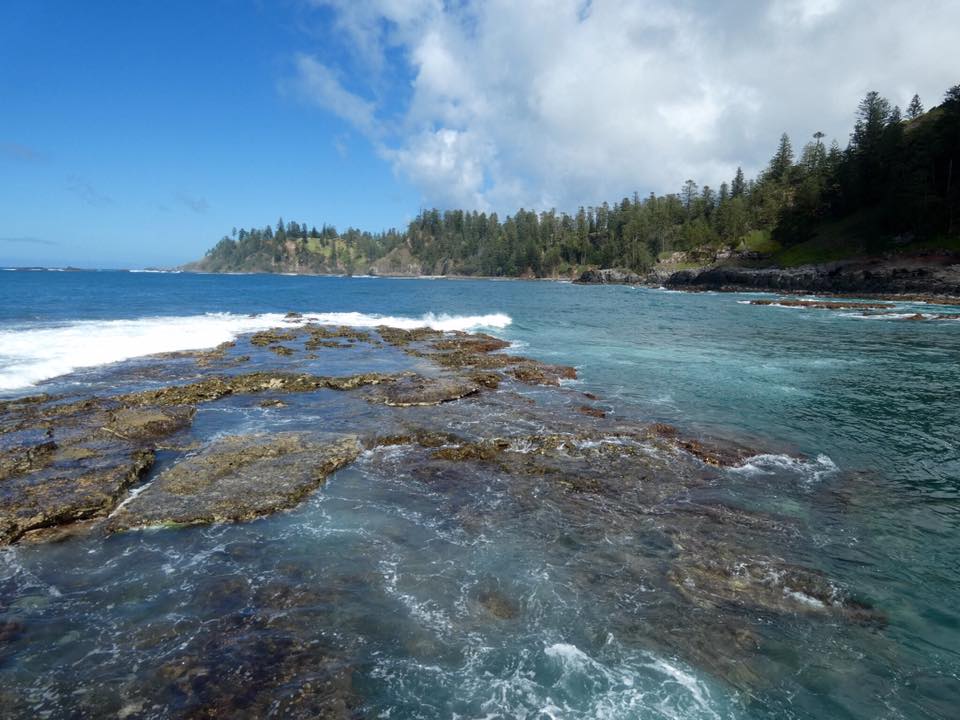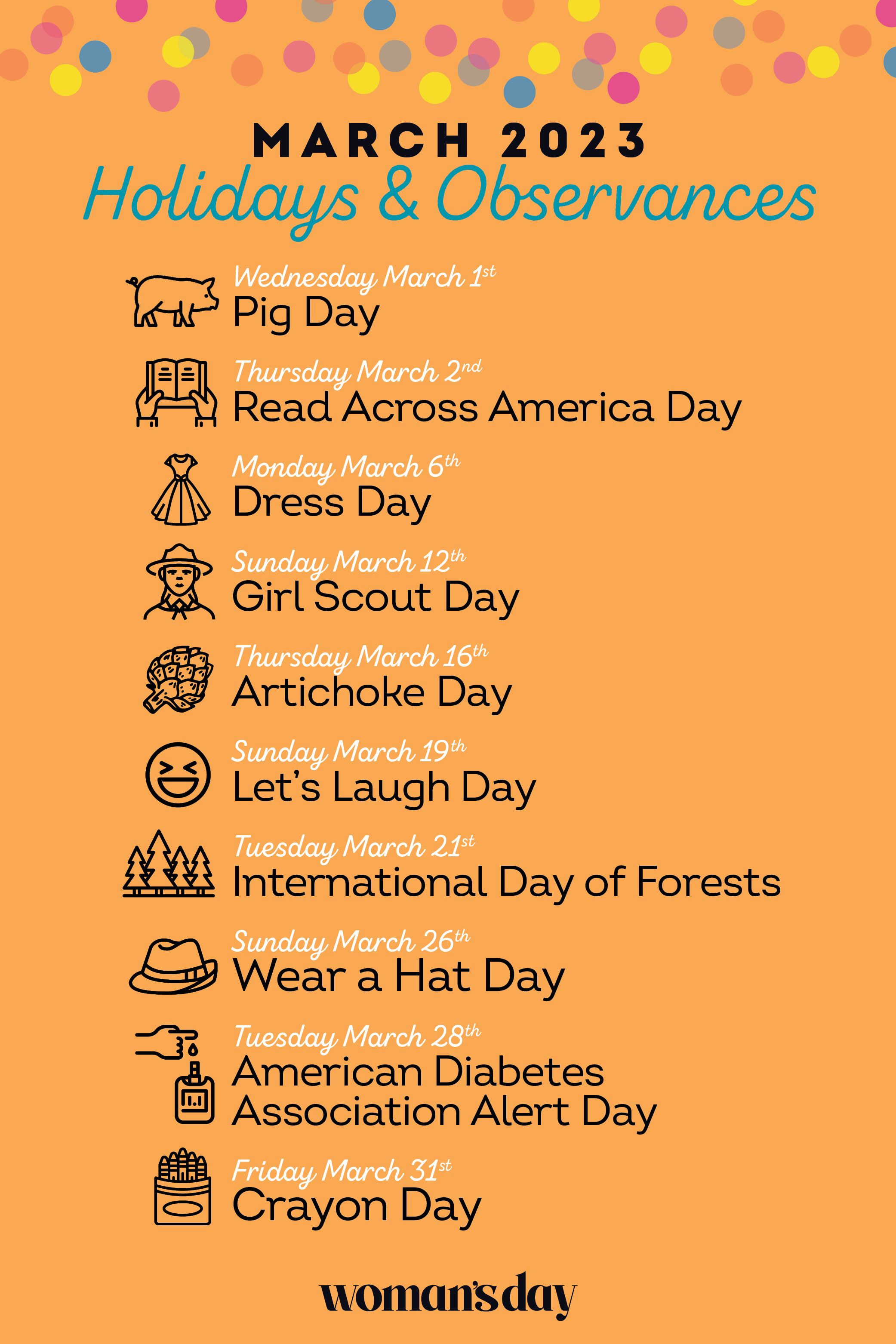Does Australia Celebrate the 4th of July? The Surprising Truth
When one thinks of the Fourth of July, images of fireworks, barbecues, and American flags often come to mind. This quintessentially American holiday commemorates the Declaration of Independence, a momentous occasion in 1776 when the United States formally declared its autonomy from British rule. But does Australia, an ally and friend of the United States, partake in the festivities of this day? The answer is nuanced, straddling the line between cultural homage and outright celebration.
Australia does not officially celebrate the Fourth of July as a national holiday. Instead, this date typically passes without the grandeur that Americans may associate with it. Public life continues as usual, and work is generally unaffected by any semblance of celebration. However, a growing number of Australians, particularly those with connections to the U.S. or an appreciation for American culture, have begun to embrace the day in their own unique ways.
While the Fourth of July is not an Australian holiday, there is a notable increase in events that pay tribute to the American spirit. Bars and restaurants in cosmopolitan centers such as Sydney and Melbourne might feature “All-American” specials—think hot dogs, hamburgers, and craft beers—as a nod to American culinary traditions. The rise of such events signals an intriguing blend of cultural appreciation with an infusion of local flavor.
Additionally, many ex-pats from the U.S. living in Australia often gather to celebrate the day with friends and family. These gatherings can resemble traditional American Fourth of July parties, complete with themed decorations and classic recipes, including fruit pies and potato salads. This social phenomenon illustrates how diasporas can maintain cultural practices even in foreign lands, reflecting a shared sense of community among Americans abroad.
As globalization proliferates, cultural exchanges become more commonplace. Social media has played a significant role in this phenomenon, allowing Australians to witness American celebrations in real-time. Videos showcasing explosive firework displays, parades, and BBQs captivate those back home and spark interest in trying similar festivities. This has led to a vibrant subculture where Australians adopt certain elements of the Fourth of July, albeit in a manner that feels localized and unique to their context.
But why should this matter? Why should anyone, particularly Australians, care about an American holiday? The answer lies in the interconnectedness of nations and the shared values that follow—the ideals of freedom, independence, and community bonding resonate universally. Consequently, while the Fourth of July may be rooted in American history, its themes are poignant and permeate across borders.
Notably, the Fourth of July also serves as a platform for broader discussions about national identity and cultural reflection. In Australia, there exists a rich tapestry of history that is often discussed in contrast to its American counterpart. Issues around civics, rights, and governance become focal points when considering how nations commemorate their independence. Discussions surrounding the Fourth of July can inspire Australians to reflect on significant dates in their own national history, such as Australia Day.
The question, then, transforms from “Does Australia celebrate the Fourth of July?” to “In what ways can cultural celebrations shape our understanding of identity and belonging?” Though the day itself may come and go with little fanfare, its implications on cross-cultural interactions and national identity are worth exploring. As Australians encounter, absorb, and reflect on American traditions, they inadvertently weave these influences into their own cultural fabric.
In conclusion, Australia does not observe the Fourth of July as an official holiday, but this does not negate the significance or influence of the day. Whether it be through expat gatherings or themed restaurant specials, many Australians choose to commemorate this occasion in varied ways. Ultimately, the celebration—or lack thereof—serves as a conduit for a richer dialogue between cultural tradition and contemporary globalization. So, the next time July 4 rolls around, consider not just the festivities but the deeper narratives of identity and connection that persist across oceans.
You May Also Like
Best Fish to Catch in Australia: A Guide for Anglers
Australia boasts an extraordinary diversity of fish species, making it …
Emily Bay Norfolk Island: A Hidden Gem in the Pacific
Emily Bay, a picturesque enclave nestled on the sun-kissed shores of …
Holidays on August 23: Global Festivities & Observances
August 23 is a date that carries a bouquet of cultural significance …





